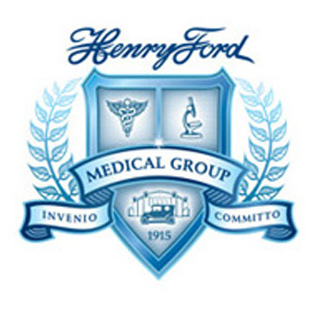
The study illustrates that this simulation-based preparation course could be an important tool to enhance medical residents’ understanding, dexterity and confidence for conducting some of the more general ultrasound-guided procedures, counting breast biopsies, liver biopsies, thyroid biopsies and the regularity of medical education.
Study co-author John W. Bonnett, M.D., a radiologist at Henry Ford Hospital, commented, “The mannequins allow us to simulate actual ultrasound guided procedures, which offers residents a unique training opportunity prior to working on real patients. Ultimately, the residents in our study became more proficient and efficient in performing these procedures.â€
The study included around 29 radiology residents from all four stages of training. The residents apparently received written, video, and live communicative training from staff on the fundamentals of ultrasound guided procedures.
Residents apparently had about 6 months to rehearse these skills at the 12,000-square-foot Center for Simulation, Education and Research at Henry Ford Hospital. The place supposedly comprises of two operating theaters, six clinical rooms, a minimally invasive procedure lab with more than 30 stations, and two classrooms. They are completely equipped and includes reconfigurable rooms simulate surgery. Labor and delivery, intensive care, emergency and routine hospital scenarios are also present.
As part of the study, residents utilized phantom mannequins that apparently possessed both hypo- and hyperechoic nodules to replicate the ultrasound process. Written and practical examinations were supposedly given prior to and subsequent to training to evaluate for alterations in competency and proficiency.
The study outcomes apparently illustrate a considerable enhancement between the residents’ pre- and post-test scores on both the written and practical exams. Post training, residents apparently also exhibited superior deftness in the practical facets of ultrasound guided procedures.
On the survey questionnaire, residents mentioned that the lessons supposedly enhanced their knowledge level and practical aptitude for ultrasound guided procedures. It is said to have also improved their self-assurance for carrying out biopsies.
The experts mentioned that this supplementary simulation preparation could result in better patient care and protection. They may also facilitate patient satisfaction, reduced danger of complications, diminished procedural time, and apparently the capability to manage in hard or unforeseen conditions.
The findings of the study were presented at the Radiological Society of North America Annual Meeting in Chicago.
